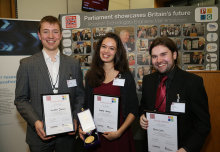

News in Brief
Parliament prowess, school science, and IChemE elections: News from the College
Here’s a batch of fresh news and announcements from across Imperial.



Parliament prowess, school science, and IChemE elections: News from the College
Here’s a batch of fresh news and announcements from across Imperial.
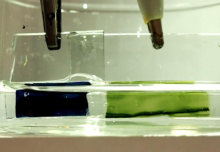

Non-toxic salt water battery prototype can charge in seconds
A battery prototype has been designed using salt water and materials that are non-toxic and charge quickly, paving the way for new types of battery.
 2
2


Video
Podcast: Entrepreneurship special
In this edition: We mark Imperial Enterprise Month with women entrepreneurs and leaders, plus advice for making businesses playful.
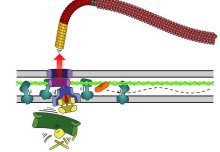

Starving bacteria can eject their tails to save energy and stay alive
When nutrients are dangerously low, a group of bacteria have been found to take the drastic measure of getting rid of their tails.
 2
2


Video
Cities of the future could be built by robots mimicking nature
Drones and robots could build and repair future cities, but only if they can work together – by copying the tactics of nature.
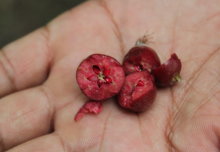

Only 149 trees of a wild apple species found alive
Niedzwetzky’s apple, a relative of the ancestor of supermarket varieties, faces extinction as less than 150 trees have been found in its native land.
 2
2


Safer brains and mechanical hearts: News from the College
Here’s a batch of fresh news and announcements from across Imperial.
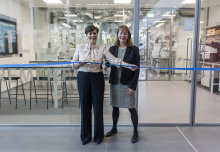

Advanced chemistry made possible with new suite of start-of-the-art instruments
A new suite of advanced analytical instruments allowing precise chemical measurement has opened in Imperial’s Molecular Sciences Research Hub.
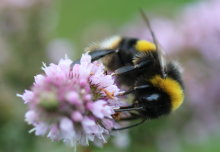

Pesticides found to affect bees’ genes
The activity of dozens of genes are changed in bees exposed to pesticides, providing clues as to how these chemicals affect bee brains in the wild.
 1
1
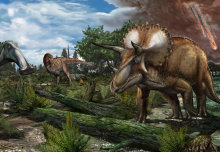

Dinosaurs were thriving before asteroid strike that wiped them out
Dinosaurs were unaffected by long-term climate changes and flourished before their sudden demise by asteroid strike.